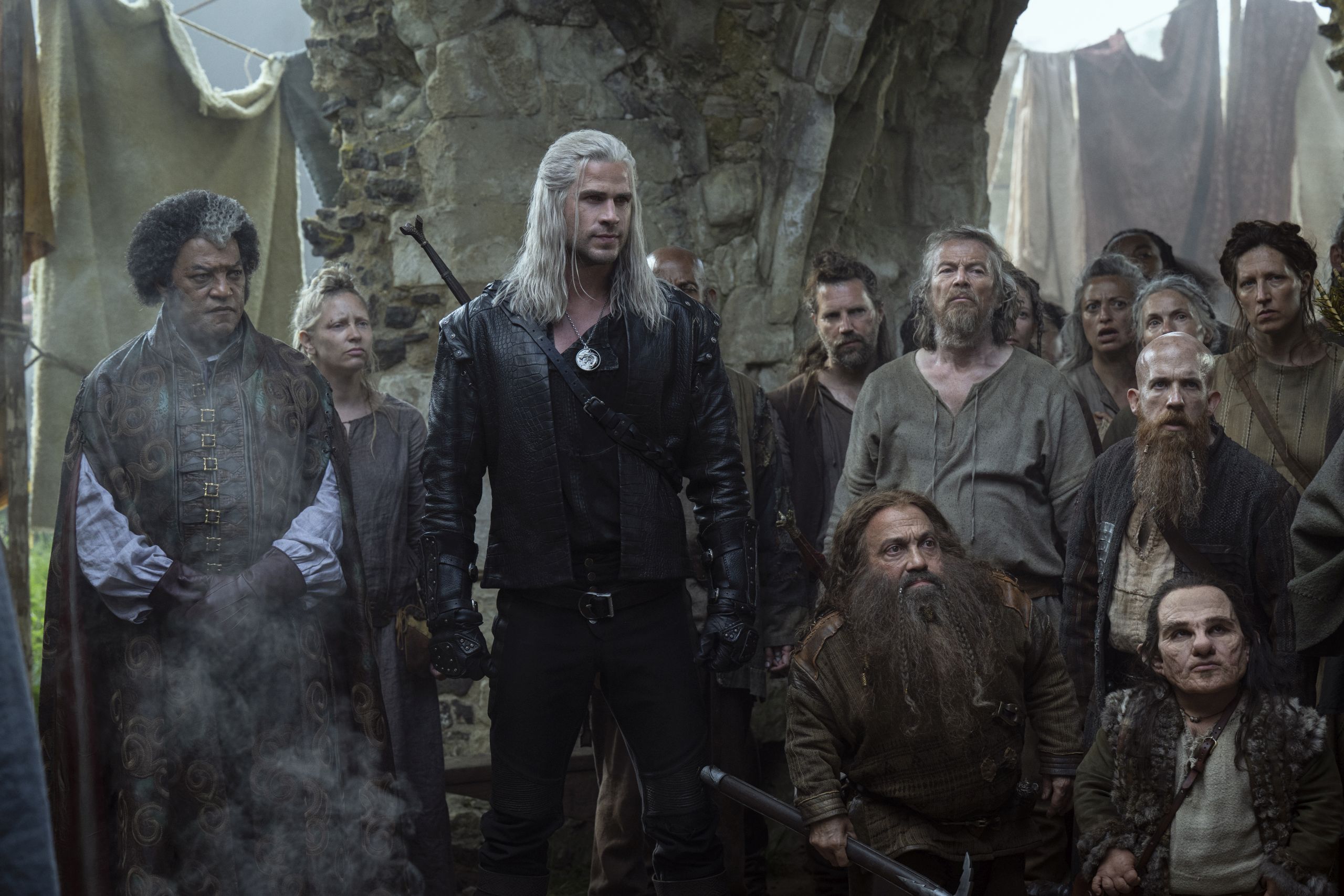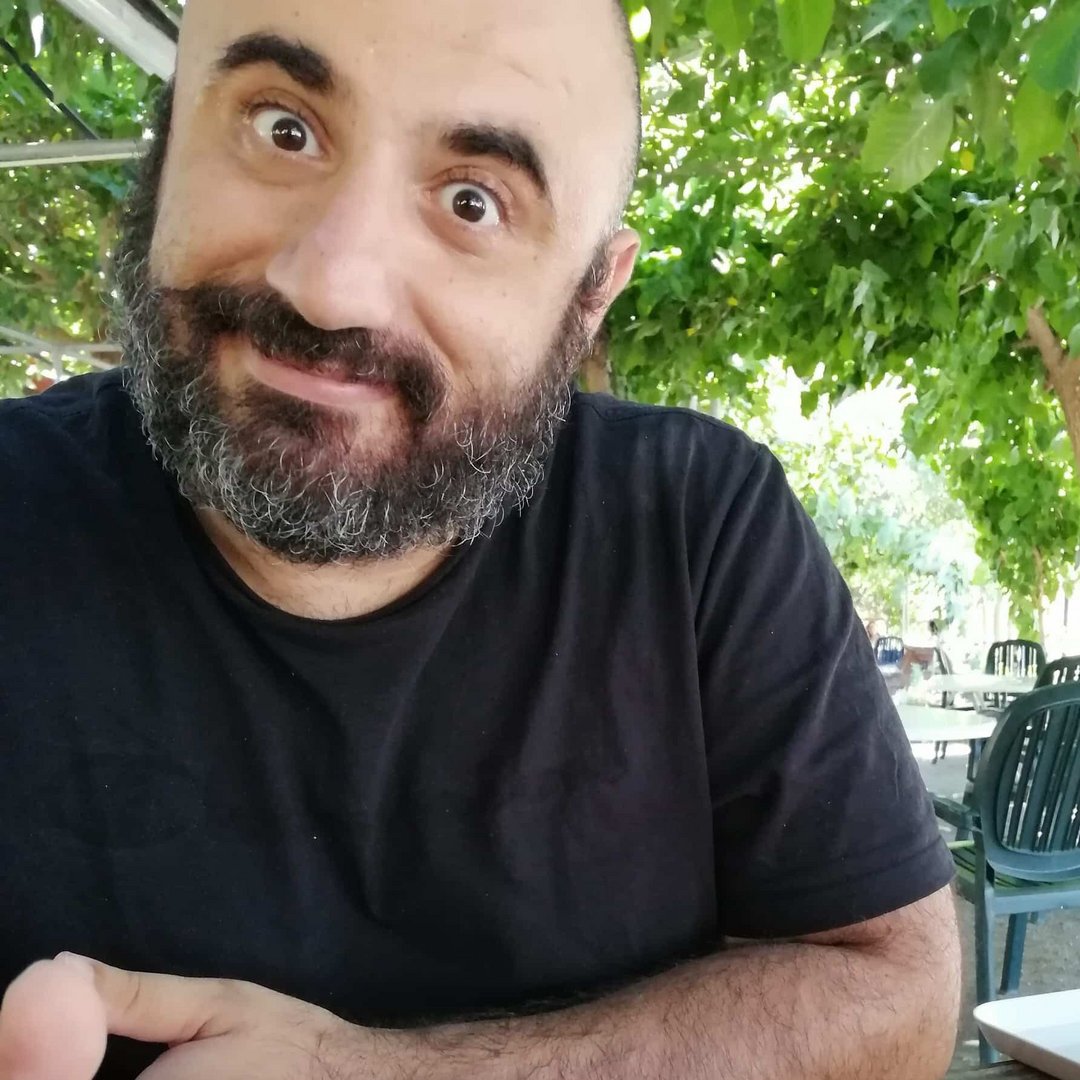They just couldn’t quit while they were ahead
The Witcher season 4 premiered this week, and the crowd went… meh. The reviews were abysmal, the viewership collapsed, and what was once Netflix’s shining fantasy jewel is now limping toward its announced finale in season 5. No one was really surprised. The series had rested entirely on the broad shoulders of Henry Cavill, who left to launch the upcoming Highlander franchise. His replacement, Liam Hemsworth – or as he is more commonly known, the other Hemsworth – stepped in, and everyone was disappointed before the poor guy even unsheathed his blade.
But it’s not Liam’s fault. Sometimes, the creative fuel just runs dry. The magic fades, the story sputters, and what’s left are fumes and nostalgia.
Let us visit other shows that started promising but crashed spectacularly.
Dexter
When Dexter premiered in 2006, it felt revolutionary. America was just entering its true crime obsession era, and along came a show about a serial killer, who was also the good guy. Michael C Hall’s Dexter Morgan was a forensic analyst for the Miami police by day and a meticulous murderer by night. The first two seasons were gripping, as Dexter went from minefield to minefield, always escaping detection and always pulling through at the very last moment.
Season 4, featuring John Lithgow as the terrifying Trinity Killer, remains one of the greatest story arcs in television history.
Then the rot set in. The pacing went limp, the writing turned lazy, and Dexter, once disciplined and cunning, became a caricature of himself. And then, in a moment of creative collapse that still haunts pop culture, someone in a writer’s room suggested, ‘What if Dexter falls in love with his adoptive sister?’ Instead of being fired on the spot, that idea made it to air.
The finale was the nail in the coffin. Dexter faked his own death and decided to become a lumberjack. The later revival, Dexter: New Blood, tried to atone by pretending none of that ever happened. It didn’t fully succeed, but at least nobody tried to kiss their siblings this time.
Game of Thrones
Here’s an unpopular opinion: the final season of Game of Thrones wasn’t terrible, it was – much like Thanos – inevitable. The show had become too big to end well. When it premiered in 2011, it redefined what television could be. Political intrigue, dragons, moral ambiguity all wrapped in a level of production that rivalled Hollywood films. It wasn’t just a series; it was a cultural event.
From the first season, Thrones made it clear that no one was safe. Ned Stark’s decapitation set the tone, and the Red Wedding cemented its reputation as a merciless masterpiece. And then… the books ran out. George RR Martin went radio silent, and the showrunners were left to fill in the blanks. He did tell the showrunners how everything would end and gave them notes but that’s about it.
Without Martin’s roadmap, the story careened into chaos. The once intricate political drama devolved into sprinting armies, nonsensical decisions, and jet-propelled ravens. Characters stopped being complex and started being convenient. Daenerys Targaryen, a carefully built symbol of liberation, snapped overnight and torched a city because… well, because someone had to.
The Long Night episode remains infamous (an hour of pitch-black television where no one could see a thing) symbolising perhaps the show’s own creative blindness. By the end, Game of Thrones had transformed from the pinnacle of prestige TV into a cautionary tale for every writer’s room: finish your outline before the budget runs out.
Westworld
This one hurts. When Westworld debuted in 2016, it was hailed as genius. A cerebral sci-fi western where androids gained self-awareness, humans indulged their darkest urges, and Anthony Hopkins whispered monologues about the nature of consciousness. The first season was a masterclass in storytelling: layered, philosophical and visually stunning.
But then the show outsmarted itself. The mysteries multiplied, the timelines tangled, and viewers went from “this is brilliant” to “wait, when are we?”. The emotional depth of the characters was buried under endless exposition about free will and simulated realities.
By Season 3, Westworld left the park and the audience behind. By Season 4, the show had become a ghost in its own machine, recycling ideas it once examined with awe. HBO quietly pulled the plug before the creators could confuse us further. Fitting, really. The show about artificial life eventually died because it couldn’t feel alive anymore.






Click here to change your cookie preferences